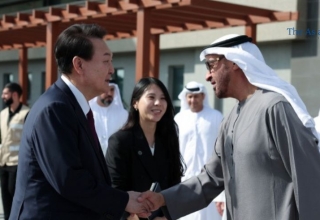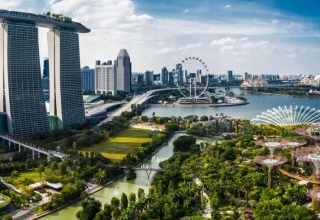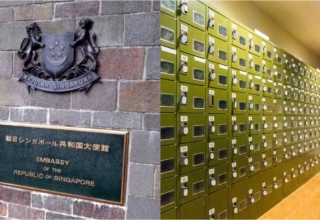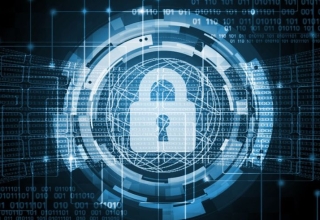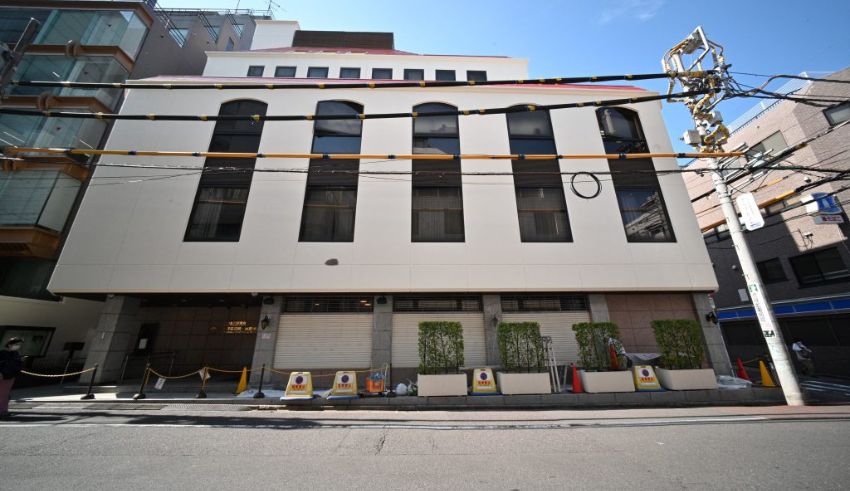
Amid Japan’s tranquil mornings, a dramatic legal tango unfolds. This is not just a battle in courtrooms; it’s a complex tale that threads through the fabric of Japanese society, raising profound questions about faith, accountability, and political influence.
The Unification Church, officially known as the Family Federation for World Peace and Unification, finds itself at the center of a storm. Japan’s Education Minister, Masahito Moriyama, recently dropped a legal bombshell: the government’s intent to strip the Unification Church of its religious organization status.
But what lies beneath this seismic decision? It’s more than just paperwork. It’s a narrative that spans decades, involving thousands of lives, allegations of unbridled fundraising, and covert recruitment strategies. This is the Unification Church’s story.
The Implications of Losing a Religious Organization
The implications of losing its religious organization status are far-reaching. Tax exemptions, often a lifeline for religious groups, will vanish. The Unification Church faces the daunting task of navigating these financial hurdles.
The roots of this saga delve deep into Japan’s political landscape. Startling revelations uncovered cozy connections between the South Korea-based church and Japan’s ruling Liberal Democratic Party. This revelation surfaced during the investigation into the shocking assassination of Japan’s former Prime Minister, Shinzo Abe.
The accused assassin claimed his motivation was rooted in Abe’s ties to the Unification Church, shattering Japan’s political and religious equilibrium.
In this narrative, the spotlight isn’t just on the Unification Church but on the intricate relationship between religion and politics worldwide. Critics argue that these interwoven relationships have often allowed religious entities to operate unchecked.
Keep Reading
Why Japan Doesn’t Like This Church
The Unification Church’s ties with Japan have a profound history. Founded by Sun Myung Moon, it acquired legal status as a religious organization in Japan in 1968. A fervent anti-communist movement, supported by former Prime Minister Nobusuke Kishi (Shinzo Abe’s grandfather), played a pivotal role in this development.
Allegations against the church paint a picture of manipulation and financial exploitation. Followers, in their quest for spiritual devotion, are coerced into making substantial donations beyond their financial means, leaving them and their families in dire straits.
This narrative has echoes worldwide, where religious groups have harnessed their influence to sway, pressure, and manipulate their followers.
Now, Japan teeters on the edge of a legal duel that could redefine its approach to religious organizations. As the Ministry of Education, Culture, Sports, Science, and Technology prepares to submit its request for a revocation order, the Unification Church faces an unprecedented challenge.
This isn’t just a legal battle. It’s a narrative that extends beyond courtrooms, penetrating the essence of faith, accountability, and political clout.
As the Unification Church stands at this pivotal crossroads, it’s a reminder that faith isn’t confined to spiritual belief; it extends to transparency, responsibility, and the intricate dance between spiritual devotion and the rule of law.






